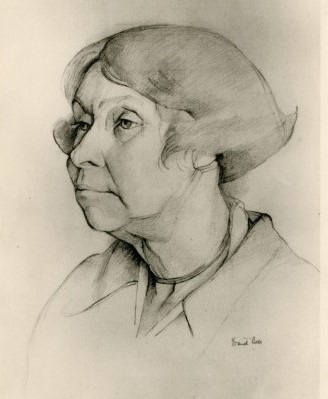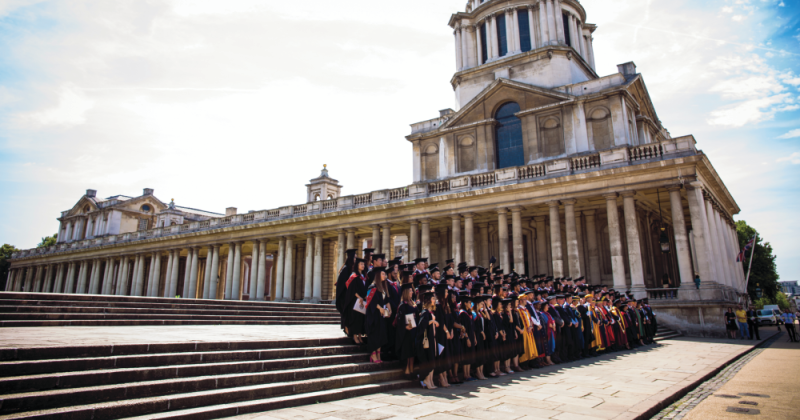Philippa was born in 1868, the only daughter of leading suffragette Dame Millicent and Liberal MP and Postmaster General, Henry Fawcett. Her maternal aunt was Elizabeth Garrett Anderson, Britain’s first female physician.
She was noted for her mathematical prowess, which brought national and international attention after she scored the highest marks in Cambridge University’s Mathematical Tripos examinations. At a time when women were not then eligible for a Cambridge degree, her achievements started to ask some challenging questions about women’s rights, particularly heightened by the political climate of the 1890s and the Fawcett family connection with the struggle for women’s suffrage.
A pioneer of woman’s education, Philippa’s appointment in 1907 as Acting-Principal of Avery Hill College, just a year after its formation, provided stability to the new institution after its first two Principals left within the first year.
Either side of her brief time at Avery Hill College, Philippa spent almost 30 years with the London County Council (LCC) for whom she had originally joined as the principal assistant to the Director of Education. This was in addition to a teaching role at Newnham College, Cambridge and time spent in the Transvaal following the Boer War where she reorganised the elementary education system and introduced the pioneering system of farm schools.
A month before her death in 1948, a decree that allowed women to be awarded the BA degree at Cambridge received Royal Assent. The following year, the LCC recognised Philippa’s contribution to education by naming one of its teacher training colleges in her honour. The Philippa Fawcett Training College for Teachers in Streatham was set up by the LCC to help resolve the teacher shortage that worsened after World War Two.
The importance of Phillipa’s time at Avery Hill College, although fleeting, should not be underestimated. Throughout her life she demonstrated a passion for knowledge, teaching and education provision that was central to the vision of Avery Hill College and continues with the university today.
Sources
- An Illustrated History of the University of Greenwich, Thomas Hinde
- ‘Philippa Fawcett: Cambridge and Diversity’, http://www.diverse.cam.ac.uk/stories/fawcett/
- Biography of Philippa Fawcett – A.E. L. Davies for the London Mathematical Society
- Image credit: https://commons.wikimedia.org/w/index.php?curid=84793080




